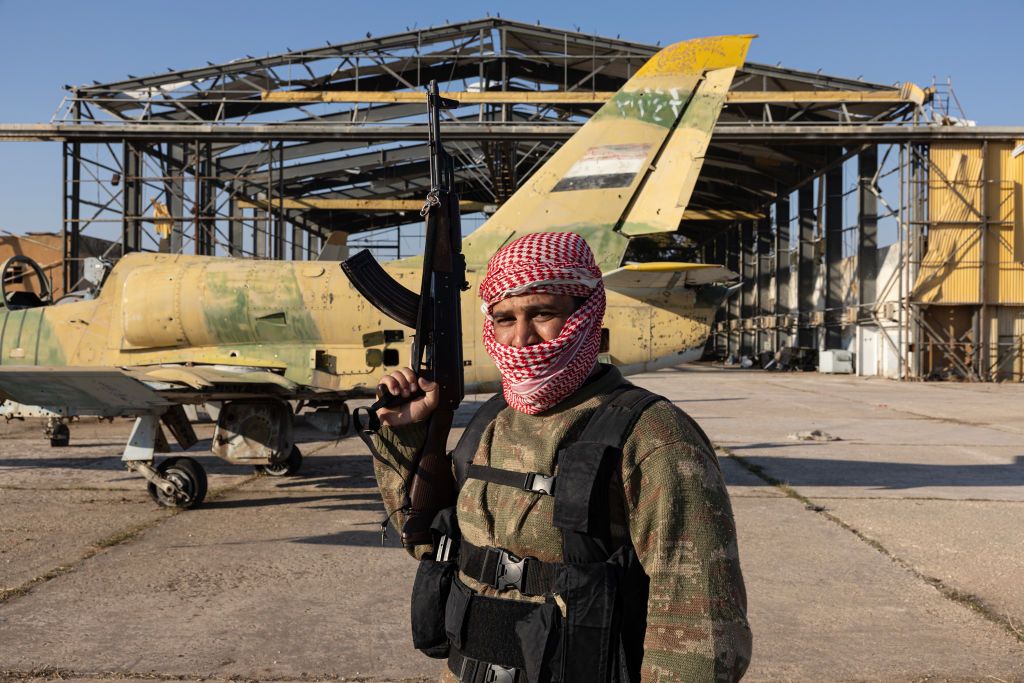Syria's Assad, his family have arrived in Moscow after being granted asylum, sources tell Russian news agencies

Editor's Note: This is a developing story and is being upodated.
Russian news agencies reported on Dec. 8 that Syria's Bashar al-Assad and his family have arrived in Russia, where they have been granted asylum by Russian authorities, according to a Kremlin source.
"President Assad of Syria has arrived in Moscow. Russia has granted asylum to him and his family on humanitarian grounds," the source told TASS news agency.
A Russian plane took off from Latakia a few hours ago, then turned off its transponder and headed towards Russia, BBC Russia reported citing data from the Flightradar website, which tracks the movement of aircraft.
The aircraft may have departed from the Russian military base in Khmeimim or from Latakia airport, according to the outlet. The plane's transponder was reportedly briefly switched on near Moscow and then turned off again before landing.
Russia deployed troops to Syria in 2015, providing support to the Assad regime against multiple anti-government forces. Damascus has supported the Kremlin throughout the full-scale invasion of Ukraine.
President Joe Biden said on Dec. 8 that the sudden collapse of the Syrian government under Bashar al-Assad represented a "fundamental act of justice" after decades of repression, but also acknowledged that it marked "a moment of risk and uncertainty" for the Middle East.
Biden's remarks came hours after rebel groups completed their takeover of Syria, following more than a dozen years of violent civil war and decades of Assad family rule. Biden said the U.S. has been monitoring reports suggesting he was seeking refuge in Moscow.
Former President Donald Trump also commented, saying that Assad had fled Syria—where his family had ruled for decades—because his close ally, Russian President Vladimir Putin, "was not interested in protecting him any longer."
When celebrations of the regime's downfall begin to fade, Syria's new leaders will face a challenge of restoring stability to a country devastated by years of conflict.
The civil war in Syria began in 2011 as an uprising against Assad’s government, and his forces, along with Russian allies, bombed cities to rubble. The war created one of the largest refugee crises in modern history, with millions fleeing the country, and led to a political reckoning in Europe when over a million refugees arrived in 2015.
In recent years, Turkey supported the rebels in a small enclave in northwest Syria, near its border, while the United States, which still has 900 troops on the ground, backed a Kurdish-led alliance that fought Islamic State jihadists from 2014 to 2017.
Both Russia and Iran had intervened early in the war to prop up Assad, helping him regain most of the territory and all of Syria's major cities. Four years ago, the front lines had been largely frozen under a deal between Russia, Iran, and Turkey.
However, Moscow’s focus on its war in Ukraine, along with setbacks for Iran’s allies following the war in Gaza—particularly the heavy losses suffered by Hezbollah in the past two months—left Assad with little support as his government collapsed.












